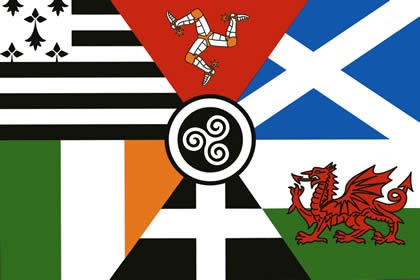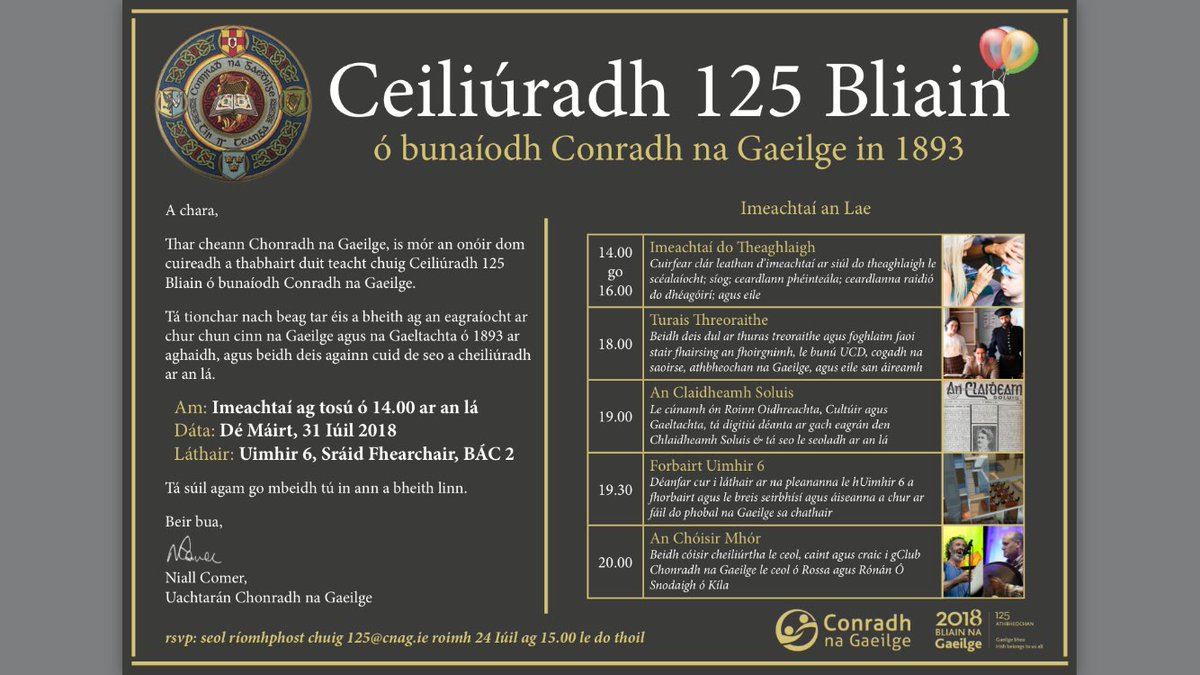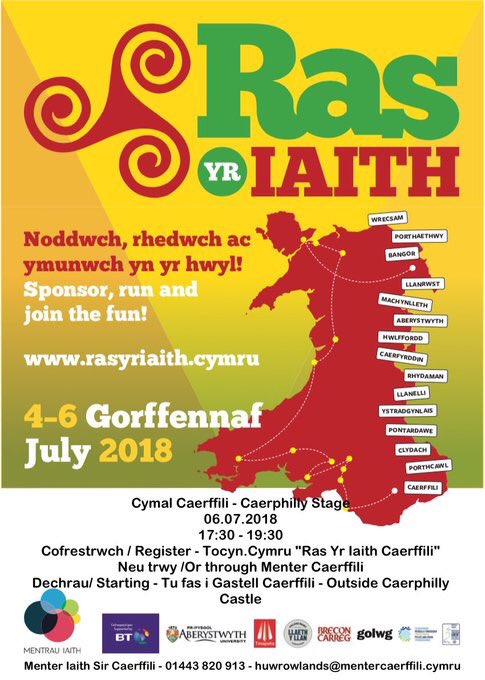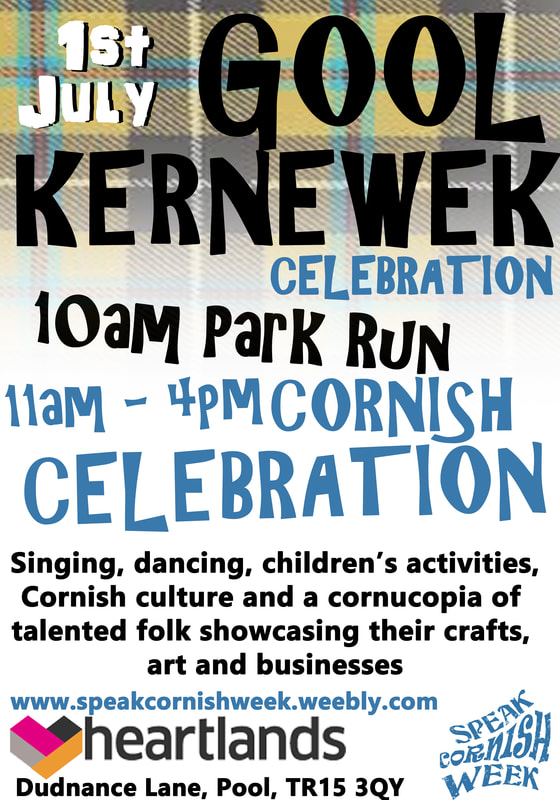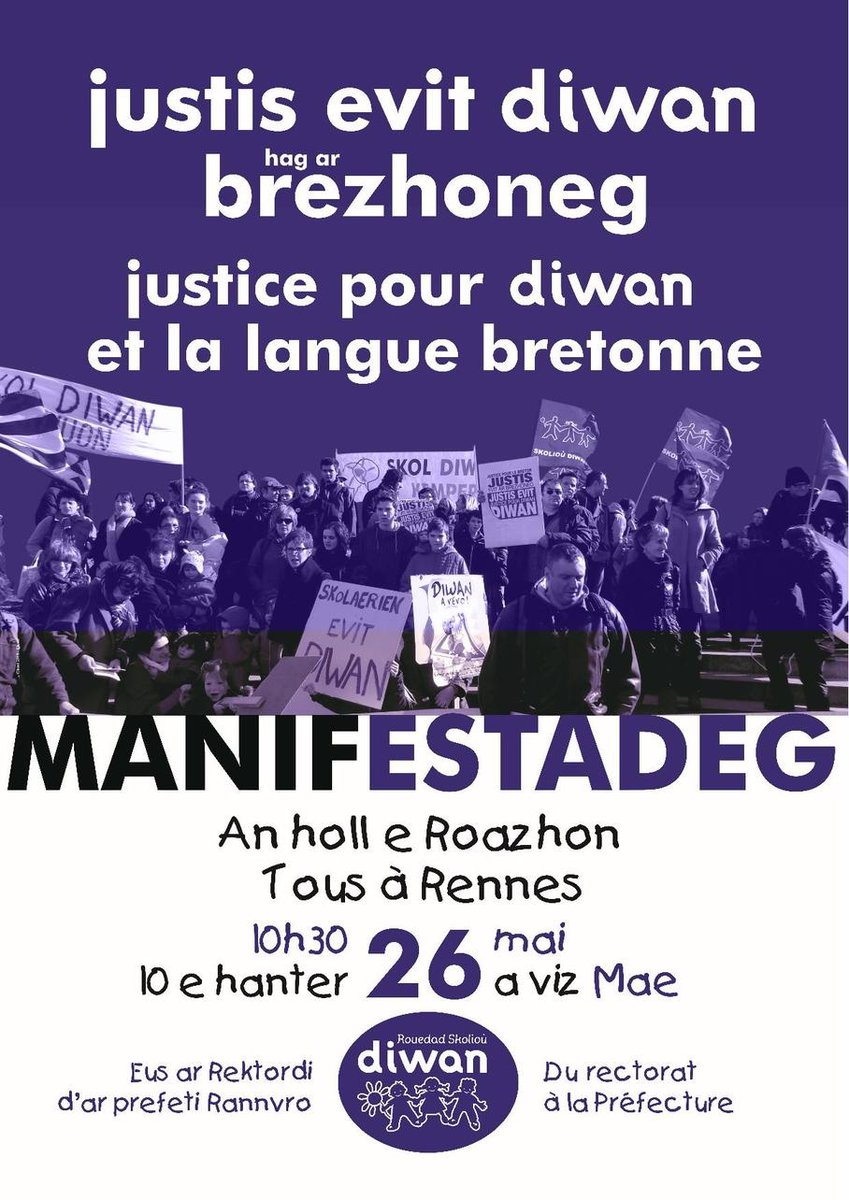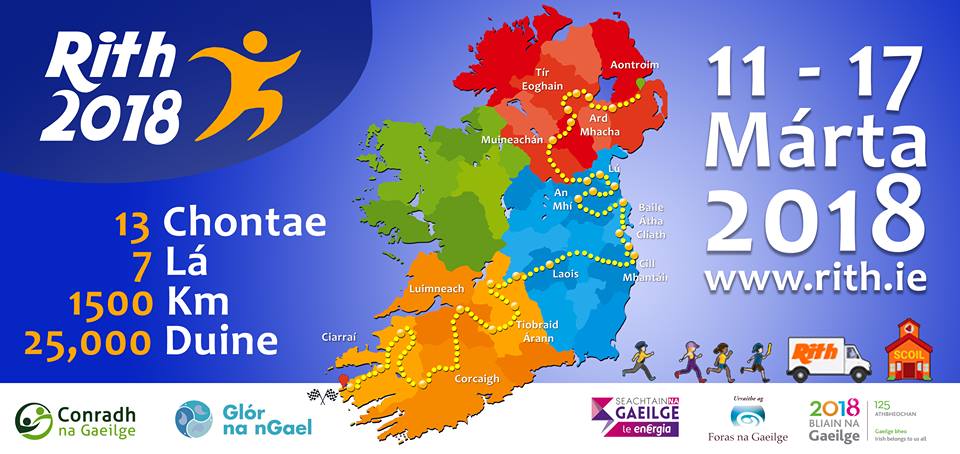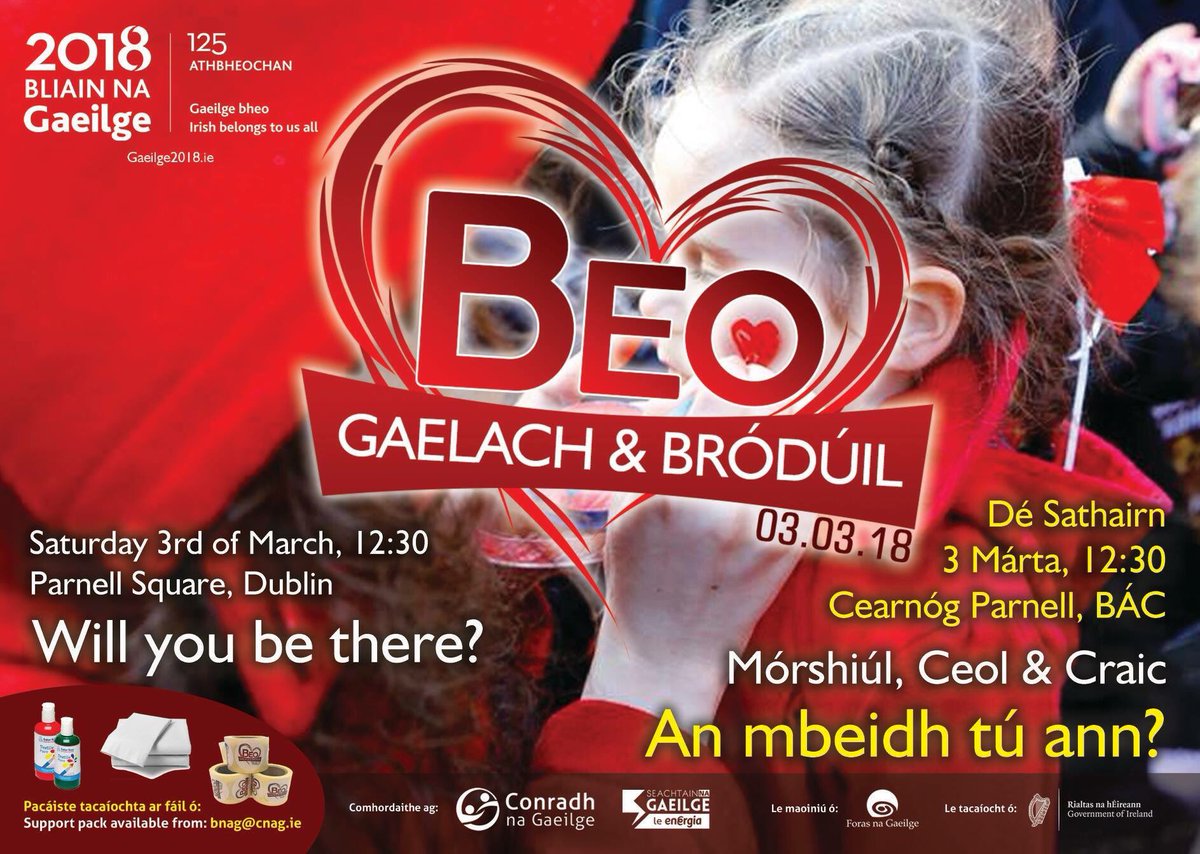‘The Mona Douglas Manx Ceili’
is a very important recording of Manx music and song which has just
been released online thanks to a Dutch visitor to the Island 45 years
ago.
The recordings were made in the home of Mona Douglas, one of the most important figures in the revival of Manx culture in the 20th Century. Culture Vannin have released the audio recordings to mark the anniversary of Mona Douglas’ birth on 18 September 1898.
When Dutch journalist, Wieky Beens, visited the Isle of Man in 1974 she was fortunate to meet the 75-year-old Mona Douglas. At the conclusion of her visit Wieky was invited to an evening of Manx music, song and dance at Douglas’ home in the hills above Laxey.
Wieky was left immensely impressed by this elderly lady’s energy and drive to celebrate the Island’s enormously rich cultural heritage that she and others were passing on to new generations. But Wieky did not expect what came next.
Through the post came a cassette tape recording of musical parties and gatherings recorded by Barone Nikolai Giovannelli at Mona Douglas’ house at Ballaragh.
Consisting of songs in Manx Gaelic sung by soloists and groups, as well as music from some of the Island's most well-known musicians, the hour-long recording was created by Douglas in order to show off what she felt to be the most distinctive examples of Manx music and song.
As well as having collected many of the traditional Manx songs performed in the recording, Mona Douglas herself introduces and even performs many of the pieces.
“A recording like this is an amazing discovery,” says Dr. Chloe Woolley, Manx Music Development Officer at Culture Vannin. “Not only is it rare to hear Mona Douglas’ voice, but a recording of this sort of Manx gathering is completely unique.”
It was intended that Wieky to play some of the tape on Dutch radio, but this wasn’t possible and so the tape was put in the attic of Wieky’s home, where it lay for over 40 years. But Culture Vannin’s release of the CD/DVD, ‘Mona’s Isle: The Legacy of Mona Douglas’ prompted Wieky to get in contact. She soon passed the recordings to Culture Vannin in order to make then public and to “give it back to the Manx people.”
The full recording, and extracted highlights, are free to download from the Culture Vannin
Source
The recordings were made in the home of Mona Douglas, one of the most important figures in the revival of Manx culture in the 20th Century. Culture Vannin have released the audio recordings to mark the anniversary of Mona Douglas’ birth on 18 September 1898.
When Dutch journalist, Wieky Beens, visited the Isle of Man in 1974 she was fortunate to meet the 75-year-old Mona Douglas. At the conclusion of her visit Wieky was invited to an evening of Manx music, song and dance at Douglas’ home in the hills above Laxey.
Wieky was left immensely impressed by this elderly lady’s energy and drive to celebrate the Island’s enormously rich cultural heritage that she and others were passing on to new generations. But Wieky did not expect what came next.
Through the post came a cassette tape recording of musical parties and gatherings recorded by Barone Nikolai Giovannelli at Mona Douglas’ house at Ballaragh.
Consisting of songs in Manx Gaelic sung by soloists and groups, as well as music from some of the Island's most well-known musicians, the hour-long recording was created by Douglas in order to show off what she felt to be the most distinctive examples of Manx music and song.
As well as having collected many of the traditional Manx songs performed in the recording, Mona Douglas herself introduces and even performs many of the pieces.
“A recording like this is an amazing discovery,” says Dr. Chloe Woolley, Manx Music Development Officer at Culture Vannin. “Not only is it rare to hear Mona Douglas’ voice, but a recording of this sort of Manx gathering is completely unique.”
It was intended that Wieky to play some of the tape on Dutch radio, but this wasn’t possible and so the tape was put in the attic of Wieky’s home, where it lay for over 40 years. But Culture Vannin’s release of the CD/DVD, ‘Mona’s Isle: The Legacy of Mona Douglas’ prompted Wieky to get in contact. She soon passed the recordings to Culture Vannin in order to make then public and to “give it back to the Manx people.”
The full recording, and extracted highlights, are free to download from the Culture Vannin
Source

